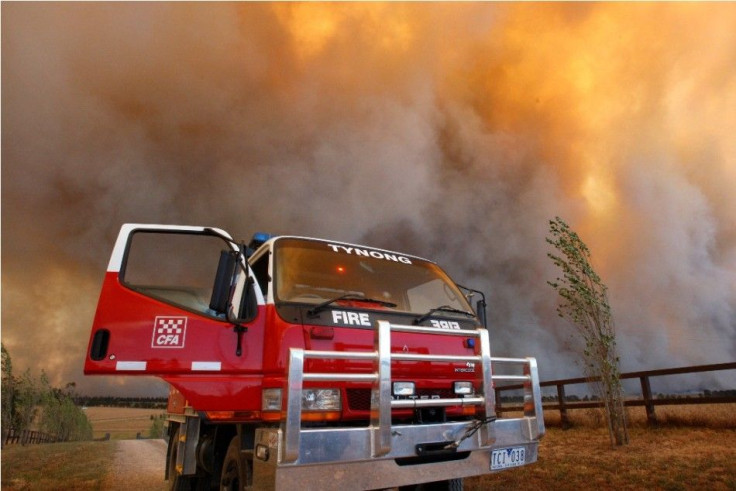Early Heat Wave Breaks Records In Australia; Lighting Storms Spark Bushfires In Queensland [VIDEO]

Summer in Australia does not begin until December, but the current spring heat wave is breaking records across the country. According to the Bureau of Meteorology, Australia's average temperature last Oct. 25 was recorded at 36.39 degrees Celsius, making it the hottest day in October since records began in 1910. The heat wave last weekend had set new records for more than 20 stations. Reports said the warmth was described as exceptional and extended longer than usual.
SMH reports that NSW has experienced the heat with 10 percent of the state reporting the highest number of days with temperatures of more than 35 degrees in October. Climate experts have warned that Australia's summer may start early and last longer with intensifying heatwaves. They believe global warming has increased the chances of record-breaking temperatures at a rate faster than cold weather.
Weatherzone meteorologist Rob Sharpe said the heatwave began setting new records in South Australia as Adelaide experienced five days in October with temperatures above 32 degrees. Sharpe said the heatwave will be the first of the warming season. The weather bureau has issued a severe weather warning for the eastern part of the state including the metro area where winds are expected to blow at 90 km/h as the southerly winds enter.
Meanwhile, more than 1500 lightning strikes were recorded southeast of Queensland that lasted for 15 minutes last Oct. 27. Reports said Australia's hot weather had triggered the lightning storm. Small amounts of hail were detected in Carina Heights, southeast of Brisbane, and Toombul at the northern side of the city.
At the height of the storm, 14,500 homes had reported power outage across southeast Queensland. Crews from power companies responded to reports of power outages and have reduced the number of affected homes as of writing. The heat from the lightning storms had sparked a dozen bushfires as some residents feared an electrical storm will cause more fires, Courier Mail reports.
In other parts of the world, global warming is expected to increase the risk of harsher winters in Europe and Asia. The new research published in Nature Geoscience found an increased risk of ice winters to occur in the coming decades. Climate researchers predict the Artic to be free from ice in the 2030s.
(Source: YouTube/adrenalinematt1)




















